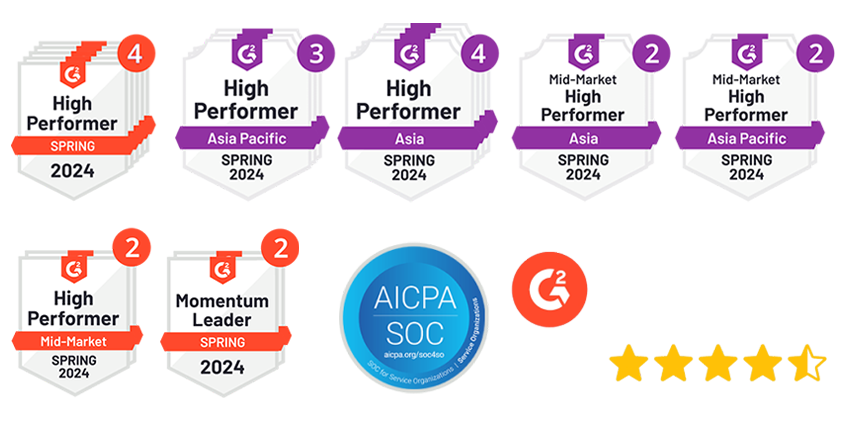Over the past year, Artificial Intelligence (AI) has rapidly grown and evolved, which is both exciting and sometimes overwhelming. While predicting the future is impossible, it’s widely agreed that AI in finance will transform many industries, businesses, and roles.
| Global investment in AI technologies will reach $200 billion by 2025. – Goldman Sachs Economic Research |
To effectively use AI, companies must identify specific business goals that AI can help achieve. Many adopt new technologies without a careful plan, but AI should be used to support growth, profitability, productivity, and service improvement. Set clear objectives and align your AI efforts with these goals. Remember, AI is a tool to complement your existing technology.
While careful planning is crucial, it’s important to act with purpose, fostering a shared vision and ensuring your efforts align with your organizational and technological goals.
A coordinated strategy also simplifies data management. AI often relies on extensive external and third-party data, but to maximize its potential, businesses need to combine this with their internal resources and vital “business context.” Much of this context is not digitally available or is spread across various mediums like emails, chats, contracts, and verbal discussions. This context is crucial for AI to produce accurate, useful, and goal-aligned results.
Finance operations relies heavily on data for analysis, decision-making, and risk management. AI can process, analyze, and interpret data quickly and accurately, making it an essential tool in financial management. CFOs are using AI to improve financial processes and decision-making in several key areas.
What’s Inside:
- The Rise of AI-Driven Innovation in Finance
- The Role of AI in Finance
- Key AI Technologies Transforming Finance
- Benefits of AI in Financial Management
- Strategic Roadmap for AI Adoption
- Path to Financial Excellence with Peakflo’s AI Brilliance












































